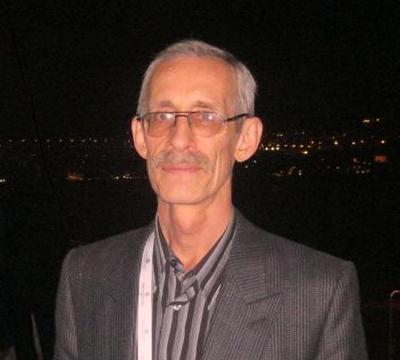Not 'bad' or 'good'
Kal points to how mobile phones have already led to a 'revolution' in Africa, allowing a more user-friendly banking system to develop. Africans are at the forefront of this possibility of banking for the masses. There are only 5 bank branches per 100,000, vs 32 in the US, which means money sits under mattresses.
"Every dollar of cash that is moved to a digital store of value will land on the balance sheet of a financial institution which can then be lent out multiple times over." Vahid Monadjem, the founder of the South African-based payments platform Nomanini. And there is no need for 'too big to fail' banks which are always bailed out by the government (i.e, the poor).
We must look for more bottom-up solutions while the 'window of opportunity' is still open to public use of the Internet. It's happening in the US. 10m workers are employed in worker-owned companies, and the Internet facilitated this workers' movement. In short, we must confront the powerful and take their place.
'Small is Beautiful' is Kall's mantra, inherited from E.F. Schumacher, and many others, long before our magical computer age. I would say we're just reinventing the wheel, though the Internet is a high-tech one which I hope can help us achieve Schumacher's utopian vision.
In the world of biology, 'too big' means death. Everything has an optimal size. For people, the optimal size -- as anthropologists are discovered in analyzing 'primitive' societies -- is 150 people as an organic whole. We should be optimizing size in the economy, which will vary from agriculture, industry, banking, the arts.
This requires a new socio-anthropology, looking at our own 'indigenous' industrial civilization through scientific eyes and harnessing the potentially bottom-up technology of today. Can the Internet help?
In The Revolution That Wasn't (2019), Jen Schradie argues that technology is not only failing to level the playing field for activists, it's actually making things worse by "creating a digital activism gap." The differences in power and organization, she says, have undercut working-class movements and bolstered authoritarian groups, creating new cleavages and reinforcing the power structure at the same time.
Countering that pessimism is the work of talented progressive individuals like Kall and a recent (Internet) acquaintance Zach Foster, whose witty Stephen Colbert-type rants are self-produced. Thank you Internet: let a hundred Colberts bloom! Sadly, such fine (progressive) efforts as Kall and Foster's don't 'go viral' like the Justin Beibers.
Our Internet heroes Julian Assange, Chelsea Manning and Edward Snowden, whose efforts did 'go viral', have just barely survived the reach of the global mass surveillance they were exposing. The 'good guys' are constantly under attack. The right thrives on heirarchy, which is much more effective in wartime, which is what we live in now with the military industrial complex getting more and more powerful with each international nightmare lurch.
I hope Kall's view is closer to the truth than my pessimism about the pluses and minuses of the Internet. Kudos to Kall for getting in on the action with Opednews. It and other progressive news and analysis sites (Counterpunch, Dissidentvoice, New Cold War) and activist sites (Leadnow, Ceasefire, Avast) are my and millions of others' bread and butter. They are only one of the means; the real work is still face-to-face, demonstrating, door-knocking, voting, board meetings ...
Connecting on the Internet is no substitute for life. The 'casualties' of the Internet -- the tech-savvy alt-right, the video games addicts and just those who dissipate their creative energies by 'surfing the net' -- are many. Who's winning?
The Internet can grease the wheels of society, but it is the inertial forces governing society that determine whether the Internet is used primarily for good or bad. I'm more of the Lem school of thought, his certainty that "technological development too often takes place only in service of our most primal urges, rewarding individual greed over the common good," Courtwright's limbic capitalism. I hope I'm wrong.
xxx
*The limbic system is involved in motivation, emotion, learning, and memory
(Note: You can view every article as one long page if you sign up as an Advocate Member, or higher).





